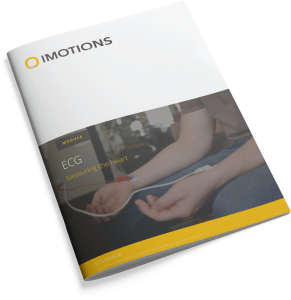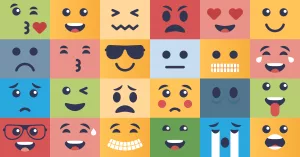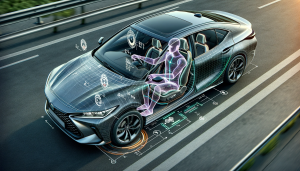ADHD is defined by behavioral symptoms that are not well characterized in relation to ADHD’s neurobiological mechanisms. This approach has limited our ability to define ADHD nosology and predict outcomes because it does not systematically examine facets of the disorder such as the inability to maintain cognitively effortful activities, as promoted in the NIMH RDoC approach.
Existing data indicate ADHD is associated with differences in reward valuation and processing, but we do not know whether ADHD is also associated with higher levels of aversion to exerting cognitive effort and/or altered reward x effort interactions.
Our ongoing study addresses this knowledge gap by examining individuals’ preferences between rewards associated with minimal effort and reward alternatives with a higher payoff but higher effort costs (“effort discounting”); thereby permitting us to characterize differences in biases and tradeoffs during effort-related decision-making in ADHD.
The study takes advantage of a well-defined sample of ADHD-diagnosed and healthy control individuals to address three aims. First, we determine whether ADHD is associated with steeper discounting of larger, more effortful rewards. Second, we examine the subjective perception of effort in youth diagnosed with ADHD and healthy controls using tasks requiring varying levels of cognitive effort. Third, we explore relationships amongst indices of effort discounting, theoretically-related traits (e.g., grit, distress tolerance), biomarkers of effort-related decision-making (eye movements and pupil size), and various cognitive measures. Successful completion of the aims will permit us to better characterize ADHD-healthy control differences and lay a foundation for more computational approaches to ADHD diagnostic criteria.
Eye movements and pupil size will be collected during the Variant Task and the Cognitive Effort Discounting Task for each type of cognitive effort using a Gazepoint GP3 HD eye tracker and iMotions v8.2.












